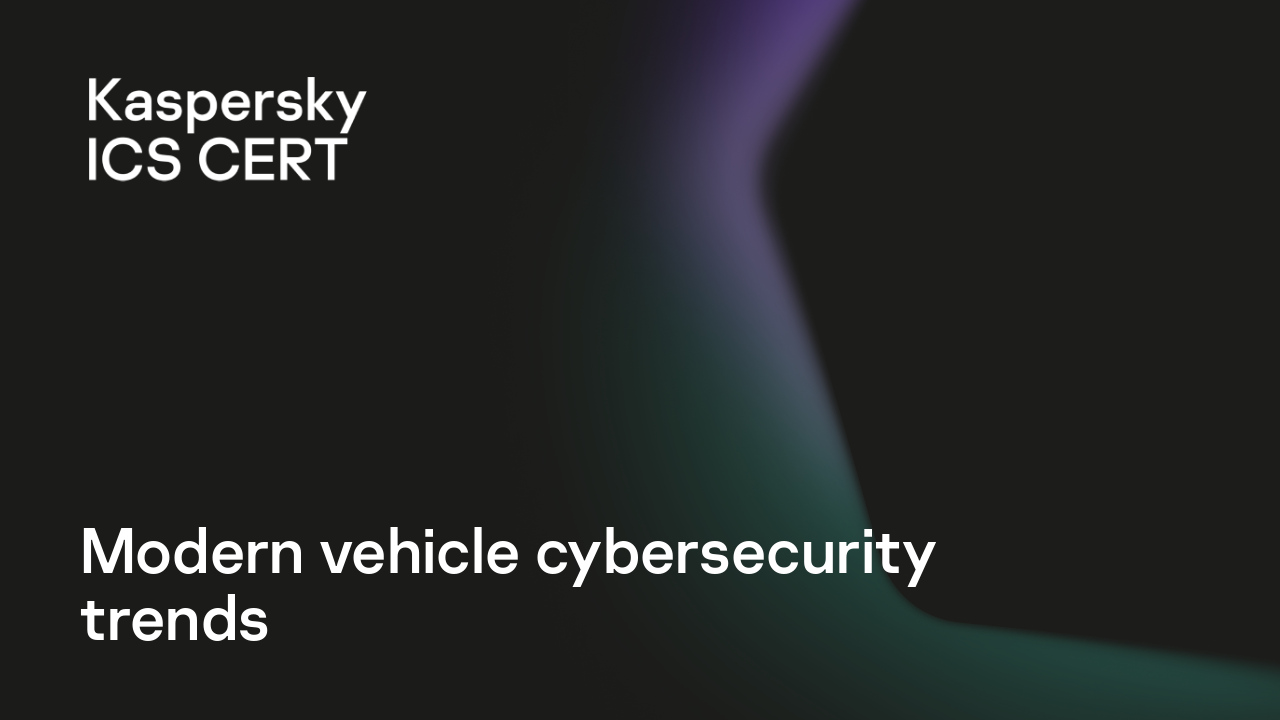Modern Vehicle Cybersecurity Trends
The automotive industry has undergone a significant transformation in recent years, evolving from traditional vehicles to sophisticated gadgets on wheels. These modern vehicles offer users a wide range of options, including enhanced safety features, advanced infotainment systems, and seamless connectivity. However, this increased complexity also introduces new vulnerabilities that can be exploited by malicious actors.
The Current State of Vehicle Cybersecurity
Vehicle cybersecurity is an emerging concern, with many experts warning about the potential risks of hacking modern vehicles. While some automakers have taken steps to address these concerns, there is still much work to be done to ensure the security of these systems.
The Growing Threat of Vehicle Hacking
Vehicle hacking refers to the unauthorized access and control of a vehicle's electronic systems, including its communication networks, entertainment systems, and safety features. This can have serious consequences, including compromised safety, financial losses, and even loss of life.
The Vulnerabilities of Modern Vehicles
Modern vehicles are equipped with advanced technologies, including connected services, telematics, and autonomous driving capabilities. While these features offer numerous benefits, they also create vulnerabilities that can be exploited by malicious actors.
- Connected Services: Many modern vehicles come equipped with connected services, such as Bluetooth, Wi-Fi, and cellular connectivity. These services can provide a gateway for hackers to access the vehicle's systems.
- Telematics: Telematics systems, which track vehicle usage and maintenance, can also be used by hackers to gain unauthorized access to the vehicle's systems.
- Autonomous Driving: Autonomous driving capabilities, such as those found in self-driving cars, can also pose a risk to vehicle security.
The Economic Impact of Vehicle Hacking
Vehicle hacking can have significant economic implications for individuals and organizations. For example:
- Fleet vehicles: A single day of downtime for a mining dump truck can result in losses of hundreds of thousands of dollars.
- Taxis: A fleet of taxis being compromised could result in financial losses for taxi companies and put passengers at risk.
The Importance of Vehicle Cybersecurity
Vehicle cybersecurity is critical to ensuring the safety and security of modern vehicles. Automakers, governments, and information security professionals must work together to develop and implement effective vehicle cybersecurity measures.
To address the growing threat of vehicle hacking, automakers, governments, and information security professionals are working together to develop and implement effective solutions:
- Cybersecurity requirements: Governments are codifying cybersecurity requirements for vehicles, including legislation in various countries.
- Security guidelines: Security guidelines and standards are being developed for human-driven vehicles and autonomous vehicles.
- Automotive-specific SOCs: Industry is developing automotive-specific Security Operations Centers (SOCs) to remotely collect and analyze data from vehicles.
The future of vehicle cybersecurity will be shaped by the combined efforts of automakers, governments, and information security professionals. As technology continues to evolve, it is essential that we prioritize vehicle cybersecurity to ensure the safety and security of modern vehicles.
